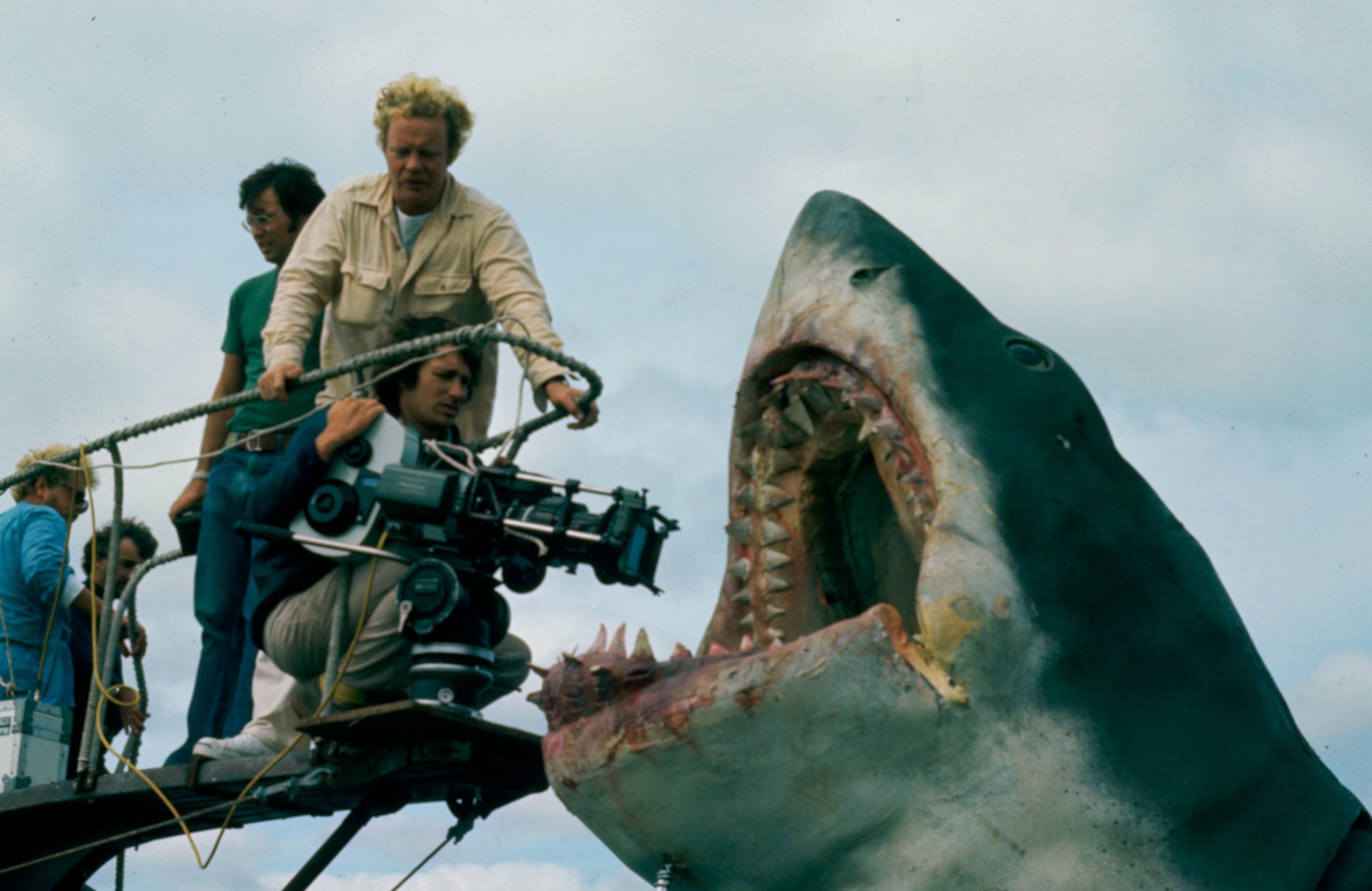- Saturday, June 21, 2025
Upon its release in 1975, Jaws didn’t just terrify audiences — it impressed top film critics with its craftsmanship, suspense, and storytelling. Here’s what reviewers said then about the blockbuster that birthed the summer movie.

By: Vibhuti Pathak
Steven Spielberg’s Jaws premiered 50 years ago, forever changing the landscape of summer blockbusters and suspense cinema. Upon its release, the film was met with widespread acclaim, though a few critics voiced reservations. Here’s a look back at how reviewers responded to this iconic thriller in 1975.
Spielberg’s Direction and Suspenseful Storytelling
Many critics celebrated Spielberg’s transformation of Peter Benchley’s novel into a cinematic masterpiece. Gary Arnold of The Washington Post called Spielberg a “brilliant young director” who streamlined the story into “a new classic of cinematic horror and high adventure.” The film’s suspenseful pacing and technical prowess were widely praised.
Roger Ebert of the Chicago Sun-Times described Jaws as “a great adventure movie of the kind we don’t get very often any more,” lauding its balance of excitement and restraint. Ebert noted, “It has the necessary amount of blood and guts to work — but none extra. And it’s one hell of a good story, brilliantly told.”
A.D. Murphy of Variety highlighted the film’s ability to build suspense by keeping the shark hidden for most of the runtime, using a “subjective camera technique” to make the attacks even more terrifying.
Performances and Character Development
The film’s cast, including Roy Scheider, Richard Dreyfuss, and Robert Shaw, received positive mentions for their performances. Vincent Canby of The New York Times wrote, “Mr. Scheider, Mr. Shaw and Mr. Dreyfuss come across with wit and easy self-assurance.” He noted that while the actors sometimes played second fiddle to the film’s mechanical shark, this was by design and added to the film’s charm.
Arthur Knight of The Hollywood Reporter praised the screenwriters for maintaining tension while developing the characters, stating, “When the final onslaught begins, our fears and frustrations run as deep as theirs.”
John Williams’s Score and Technical Achievements
John Williams’s iconic score was another highlight, with critics noting how it amplified the film’s suspense. Derek Malcolm of The Guardian commended Spielberg for achieving a technically challenging film “with such clarity and panache,” and credited editor Verna Fields for making “nearly all the right decisions on the final cut.”
Not All Praise: Some Reservations
While most reviews were glowing, there were some dissenting voices. Charles Champlin of the Los Angeles Times called Jaws “a coarse-grained and exploitive work which depends on excess for its impact,” criticizing the film’s land-based scenes as “a bore, awkwardly staged and lumpily written.”
However, even the more critical reviews acknowledged the film’s power to grip audiences. Judith Crist of New York magazine wrote, “A topnotch adventure melodrama that provides us with chills enough for the hottest of summers and hydrophobia (salt-water division) for life.”
The Lasting Impact
Pauline Kael of The New Yorker summed up the film’s unique appeal: “Jaws may be the most cheerfully perverse scare movie ever made.” Michael Sragow of Boston magazine praised Spielberg’s ability to keep viewers on edge from start to finish, calling it “a horrific action story redeemed by inspired filmmaking.”
Ultimately, critics agreed that Jaws was a masterclass in suspense and blockbuster storytelling, setting a new standard for summer movies and cementing Spielberg’s reputation as a visionary director.